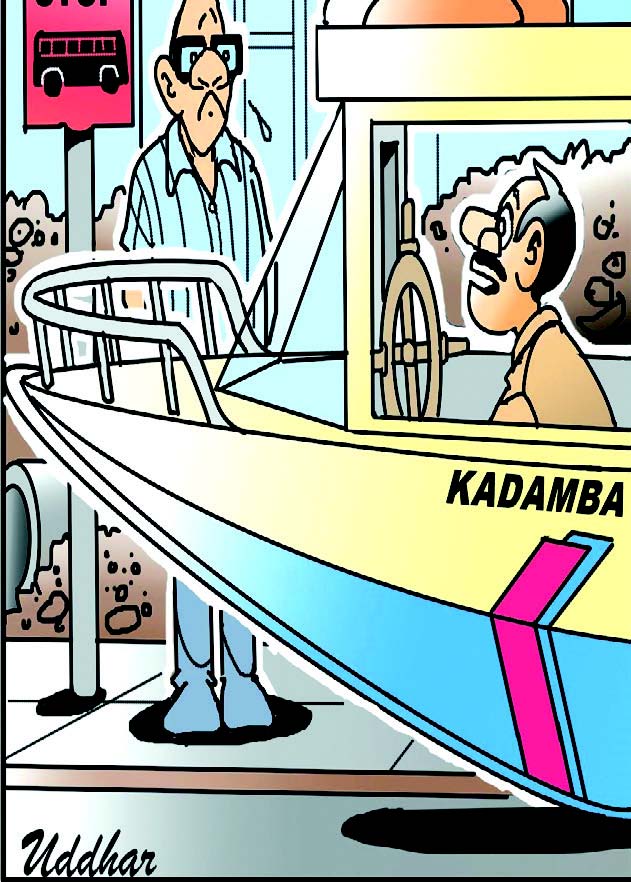Tamil Nadu Governor R N Ravi at last administered the oath of office to Dravida Munnetra Kazhagam MLA K Ponmudy after the Supreme Court slammed the governor for ‘defying the Supreme Court’. The apex court had suspended Ponmudy’s conviction in the disproportionate assets case on March 8 after which DMK leader and Tamil Nadu Chief Minister M K Stalin had written to the Governor on March 13 informing him about the cabinet’s decision to reinstate Ponmudy as minister. However, R N Ravi had refused to swear in Ponmudy stating that doing so would be against ‘constitutional morality’. This led to Stalin knocking on the doors of the Supreme Court once again where the court made some serious remarks over the behaviour of the governor and observed that Ravi was contemplating the country’s top court. CJI D Y Chandrachaud also ordered Governor Ravi’s advocate to administer the oath to Ponmudy within the next 24 years, failing which the court will be prompted to take action against the governor. Only then did the governor come to his senses and finally administered the oath to Ponmudy the next day.
The reason to mention this example is the way many governors keep aside their impartial image to prove their loyalty towards the ruling party. Regardless of the party, almost every government has used their governors for their own convenience. Governors are appointed by the President upon the recommendation of the Central government and so it is obvious the Central government decides on which governor will serve in which State. Many State governments have appealed in the courts against the governors’ rights and the violations of constitutional provisions by the governor while taking decisions. As per Section 159 of the Constitution, the only person who can take the oath of safeguarding and protecting the constitution is the governor. That is the reason why governors desire to use their rights as per their own interpretations, which is unconstitutional. In the Shamsher Singh vs Punjab State case, the Supreme Court stated that a governor is bound to operate as per the assistance and guidance from the council of ministers led by chief minister. The court also observed that Section 154 (1) makes it clear that the State’s executive power lies with the governor but he/she has to use it as per the Constitution. The Supreme Court also rapped on the knuckles of Arunachal Pradesh’s governor Nabam Rebia over his unconstitutional decisions. Rebia had decided against the Cabinet’s suggestion to postpone the State Assembly session, and the court not only criticised his decision, but also declared that the President’s Rule imposed in 2015 was unconstitutional. This series of catastrophic events finally ended with the resignation by the governor.
In Maharashtra, the then governor Bhagat Singh Koshyari’s tenure proved to be the most controversial in the history of the State, as he acted in absolute favour of the Union government. Some of the disputed decisions taken by Koshyari included inviting Devendra Fadnavis and NCP’s Ajit Pawar to the Raj Bhavan early in the morning to administer them the oath for the posts of chief minister and deputy chief minister, without proving their majority, not declaring the appointment of 12 MLAs recommended by the Thackeray government, and by not objecting to Eknath Shinde forming the government with BJP after splitting Shiv Sena. Koshyari probably holds the record to be the most humiliated governor in the country by the Supreme Court. Koshyari might have been the most extreme example, but most other governors too take decisions only to prove their loyalty to the State governments.
Governors appointed in Goa too have taken tendentious decisions during the times of struggle for power. There is also an example of an oath ceremony being held at 2 am, past midnight. The governor must take decisions by keeping himself/herself morally sound. Besides, as per the Clause 153 (2), the decision taken by the governor by exercising prudence would be final. However, these rights are not unlimited. For example, under Section 161, the governor holds the right to pardon, suspend or reduce the punishment; however, as highlighted in the Satpal vs Haryana State matter, this right can be exercised only as per the suggestion of the State cabinet.
